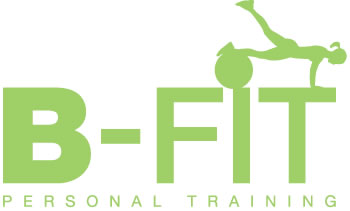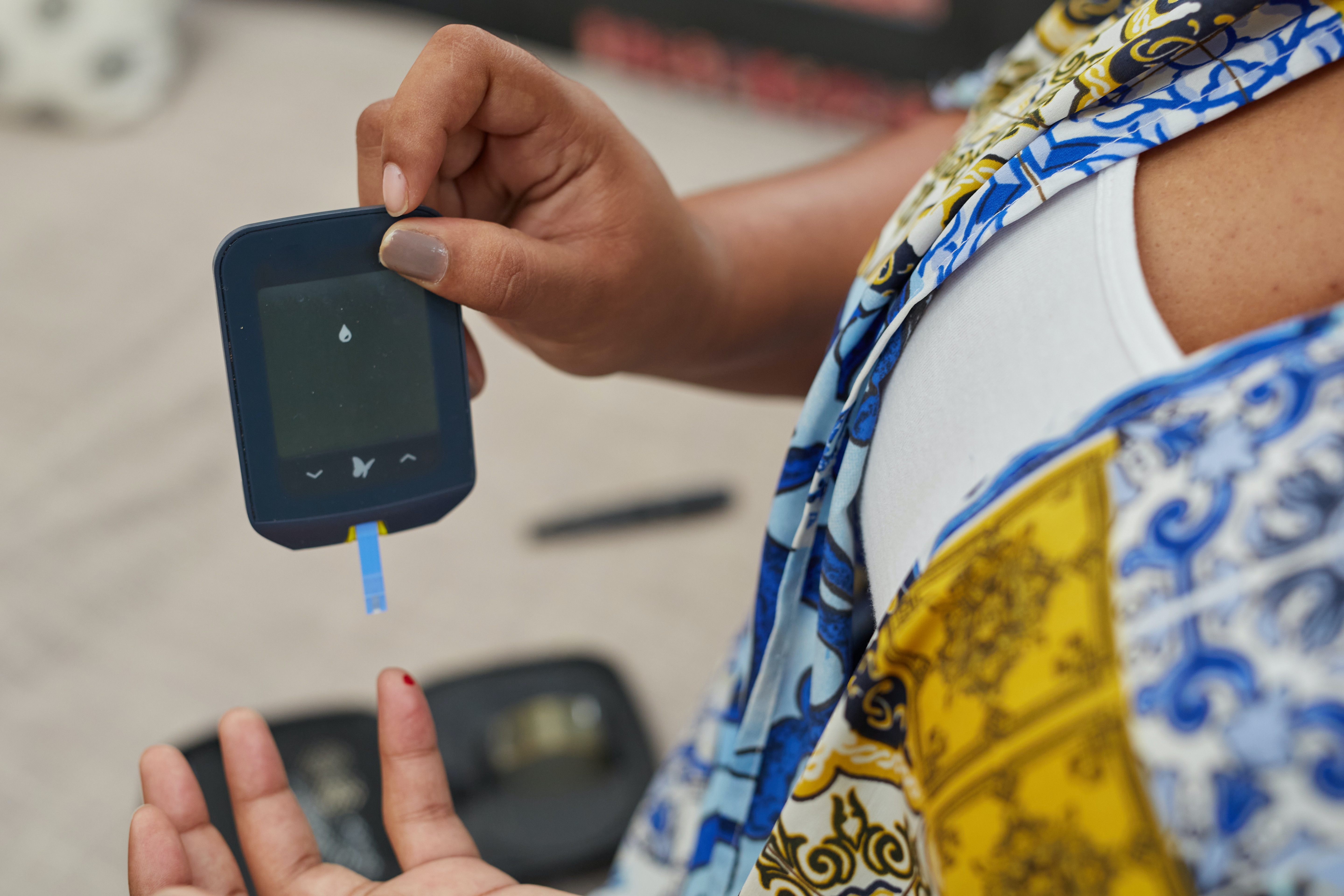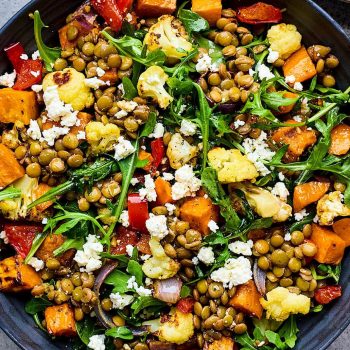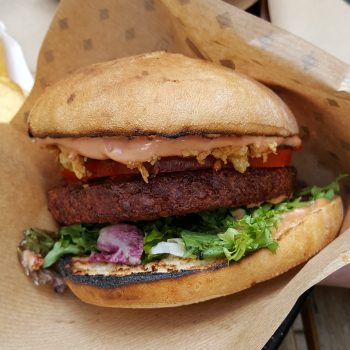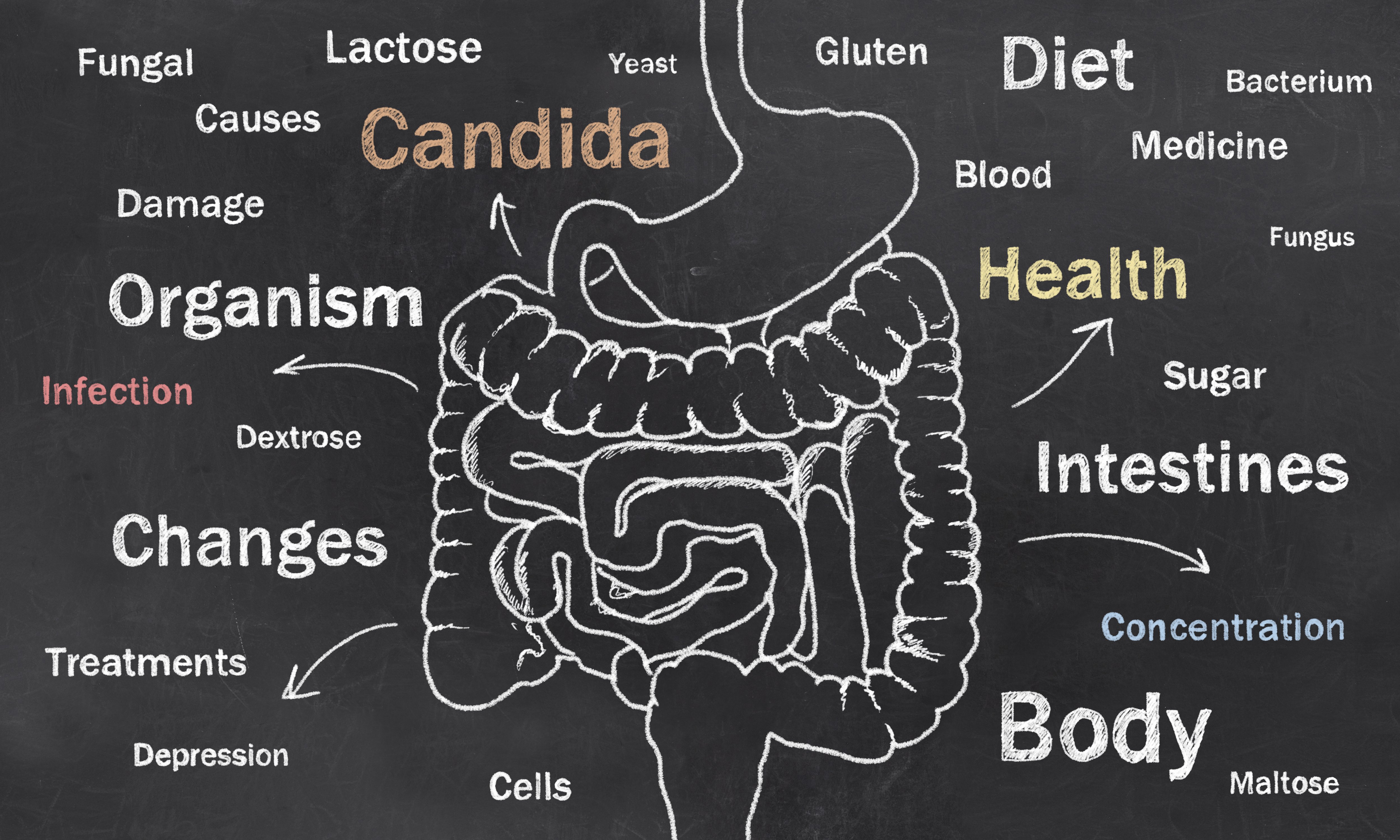Recent analysis by Diabetes UK suggests that there are now more than 5 million adults who have been diagnosed with and registered as having type 2 diabetes, while another 2.4 million are at a high risk of developing the disease in the near future. This shocking number has grown rapidly over the past couple of decades, but it is a disease that can be prevented, and even reversed — one of my personal trainer colleagues who I’ve mentioned before, Theresa Fowler, wrote a book about how she reversed her type 2 diabetes, as well as rid herself of high blood pressure, high cholesterol, chronic fatigue syndrome and other illnesses.
In fact, Theresa ended up losing 7.5 stone by taking back control of her health after she felt that she was let down by the ’system’, which had her on medications for high blood pressure, birth control, and various antibiotics, due to her constant swollen glands, colds, and other infections. So, before you go down the route of injecting insulin on a daily basis, which is what will happen if you don’t control your diabetes, it’s worth cutting down or eventually eliminating the things that will wreak havoc with your blood sugar levels — and some of them have nothing to do with the amount of sugar you’re consuming.
Seed Oils Are Worse Than Sugar
According to Dr. Joseph Mercola (and many other doctors), linoleic acid is one of the most destructive ingredients in our food. On his blog, he wrote: “Primary sources of linoleic acid (LA) include seed oils used in cooking, processed foods and restaurant foods, condiments, seeds and nuts, most olive oils and avocado oils… Anything over 10 grams of LA is likely to cause problems”. It should be noted that seeds and nuts, as well as avocado and olive oils, themselves aren’t the problem. However, unless the nuts are raw, they will have been processed in high LA seed oils. In addition, most avocado and olive oils these days are mixed with seed oils to bulk them out and make them cheaper, so make sure you’re buying the cold-pressed organic versions of these oils, which will be more expensive, but don’t contain harmful LA.
Have you noticed how over the past 10 years or so, almost EVERYTHING contains rapeseed oil? And even celeb chefs have been promoting its use? Rapeseed oil, also known as canola, contains high levels of linoleic acid, which causes inflammation in the body, so it’s not a coincidence that increased seed oil consumption correlates with higher rates of heart disease, obesity — and type 2 diabetes. It’s even being discussed on diabetes.co.uk forums.
Food manufacturers confuse us with marketing and the media would prefer us to be at war with our own bodies to help promote the latest weight loss fad (Ozempic, anyone?). If they didn’t have us hating our bodies so much, they wouldn’t be making so much profit. So, if you are really serious about gaining your health back, you have got to pull yourself out of this matrix and take responsibility for your own body.
Sweet LI(k)E Sugar
And then there are artificial sweeteners, which are no better (and mostly even worse) than sugar itself. In 1972, British physiologist, scientist and nutritionist, John Yudkin, published Pure, White and Deadly, which examined the link between sugar and degenerative illnesses. He proved the consumption of sugar and artificial sweeteners is closely associated with type 2 diabetes.
Low fat/calorie ultra-processed food and drink have their fat content taken out, but instead include artificial sugars like aspartame, sucralose and acesulfame K to make them taste better. And although many products containing these sweeteners are promoted to help you lose weight, there’s much compelling evidence that shows they actually make you fatter, because they adversely affect your blood glucose levels and insulin sensitivity.
As Theresa reported in her book, “A study from 1986 that included almost 80,000 women found those who used artificial sweeteners, including aspartame, saccharin and sucralose, were significantly more likely than non-users to gain weight over time, regardless of initial weight. I have first-hand experience of this. In my early 20s, I drank up to two litres of a popular diet cola containing aspartame every day. And because it was only one calorie per bottle, I believed the myth that it was ‘good for me’… I really piled on the stones, suffered tingling and pain in my arms and fingers, swollen ankles and knees, and got every cold or viral infection that went around the office. In How Sweet Is It? Cutting Through the Hype and Deception, Craig Smith reports that aspartame “decomposes into formaldehyde, methyl alcohol, formic acid, diketopiperazine (which causes brain tumours) and other toxins”. When I think back to those diet cola days, it’s no wonder I felt the way I did for so many years.”
Even TV doc Chris Van Tulleken recently reported in the Daily Mail that “the World Health Organisation has just issued official guidance warning people not to use sugar substitutes for weight loss on the grounds that it simply doesn’t work and may even raise your risk of diabetes and heart disease”.
You also need to watch out for sugar masquerading as more ‘healthy’ options. For example, there’s corn syrup, rice syrup, cane sugar, glucose, beet sugar and yes, even agave nectar, which has been hailed as a healthy sweetener, but is refined (and sometimes mixed with other syrups) and anywhere from 50-90% fructose. There is also a large chance that the corn for the corn syrup and the beets used for the beet sugar will also be made from genetically modified ingredients.
The fact that up to 64% of adults in England are now overweight or obese, it means that type 2 diabetes diagnoses will continue to rise unless people start taking back control of their own health. This is what I’m here to help you with. Should you need help doing this, call/text me on 07748 298 728 so that we can have a chat about what I can do to empower you to prevent (or reverse) type 2 diabetes.
Love, Gaynor x
